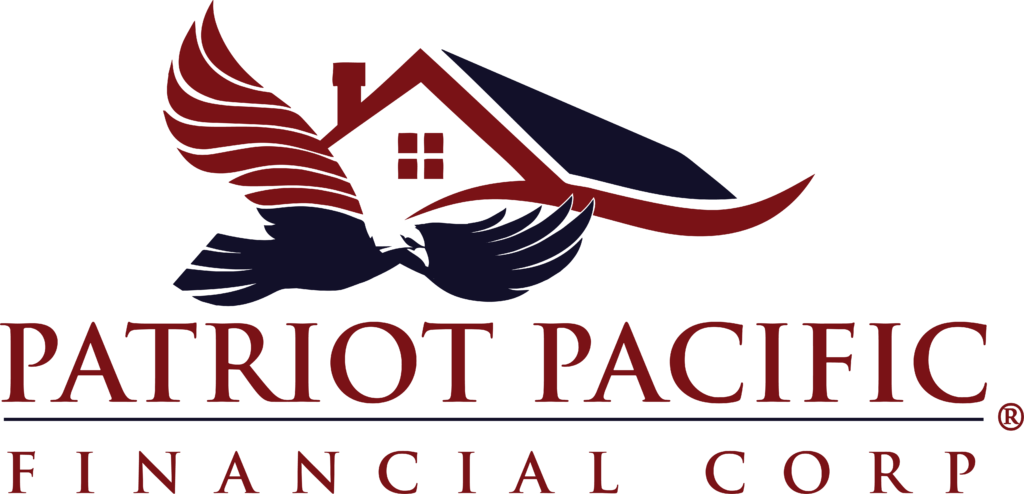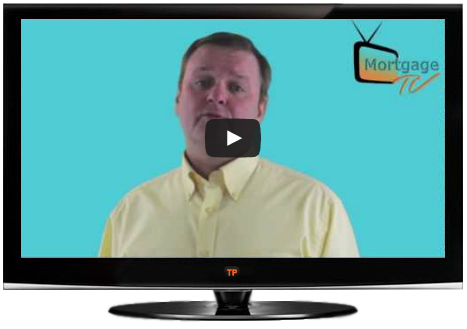If you are a current or future homeowner with a conventional home loan, then you will want to be aware of a federal law that establishes rights for homeowners and rules for lenders in regards to private mortgage insurance or PMI cancellation. Knowledge is power, so knowing the right information could help you eliminate monthly premiums that you may be paying unnecessarily on. PMI Video
What is Private Mortgage Insurance or PMI?
One of the most commonly asked mortgage questions that we hear is: “What exactly is PMI and why do I have to have it?” Private Mortgage Insurance or PMI is extra insurance that mortgage lenders require from most homebuyers who obtain conventional loans that are more than 80 percent of their new home’s loan-to-value or LTV. In other words, homebuyers that put less than 20% down are normally required to have private mortgage insurance.
Are there any benefits to having PMI?
Yes, believe it or not, there are benefits to having Private Mortgage Insurance. PMI plays a major and very important role in the mortgage industry by protecting a lender against loss if a borrower defaults on a loan and by enabling borrowers with less cash to have greater access to homeownership. With PMI in place, you could purchase a home with as little as 5% down payment. So the benefit to a lot of homeowners is that they can buy a home sooner without waiting years to save up the full 20% down payment.
The Homeowner’s Protection Act (HPA) of 1998
The Homeowners Protection Act of 1998 became effective on July 29, 1999. The Act requires that mortgage lenders or servicers (who you make your payment to) provide certain disclosures and notifications concerning private mortgage insurance or PMI on residential mortgage transactions originated on or after July 29, 1999. The Act requires special disclosures to borrowers who have existing residential mortgages, i.e., those consummated before July 29, 1999. Finally, it provides for the cancellation and termination of PMI. This last part is the most important. Read more here: HPA Act
What Is a Residential Mortgage Transaction?
There are four requirements for a transaction to be considered a residential mortgage transaction: (1) a mortgage or deed of trust must be created or retained; (2) the property securing the loan must be a single-family dwelling; (3) the single-family dwelling must be the primary residence of the borrower; and (4) the purpose of the transaction must be to finance the acquisition, initial construction, or refinancing of that dwelling.
How can I get rid of PMI?
Cancellation
Under the Homeowner’s Protection Act, you have the right to request cancellation of PMI when you pay down your mortgage to the point that it equals 80 percent of the original purchase price or appraised value of your home at the time the loan was obtained, whichever is less. You also need a good payment history, meaning that you have not been 30 days late with your mortgage payment within a year of your request, or 60 days late within two years. Your lender may require evidence that the value of the property has not declined below its original value and that the property does not have a second mortgage, such as a home equity loan.
Automatic Termination
Under the Homeowner’s Protection Act, mortgage lenders or servicers must automatically cancel PMI coverage on most loans, once you pay down your mortgage to 78 percent of the value if you are current on your loan. If the loan is delinquent on the date of automatic termination, the lender must terminate the coverage as soon thereafter as the loan becomes current. Lenders must terminate the coverage within 30 days of cancellation or the automatic termination date, and are not permitted to require PMI premiums after this date. Any unearned premiums must be returned to you within 45 days of the cancellation or termination date.
For high risk loans, mortgage lenders or servicers are required to automatically cancel PMI coverage once the mortgage is paid down to 77 percent of the original value of the property, provided you are current on your loan.
Final Termination
Under HPA, if PMI has not been canceled or otherwise terminated, coverage must be removed when the loan reaches the midpoint of the amortization period. On a 30-year loan with 360 monthly payments, for example, the chronological midpoint would occur after 180 payments. This provision also requires that the borrower must be current on the payments required by the terms of the mortgage. Final termination must occur within 30 days of this date.
If you have other questions about Conventional home loans and Private Mortgage Insurance, then please give us a call or send us an email.
Joseph Small and his team at Patriot Pacific Financial Corp is your trusted source for all your Conventional home loan mortgage needs. Located in Tucson, but serving all of Arizona – from Green Valley to Phoenix to Flagstaff and everything in between.. We got you covered. Joseph Small is licensed in Arizona, South Carolina and North Carolina. Give them a call today! Maybe one day you too will say, “Joe’s My Lender!” (520) 303-5620

